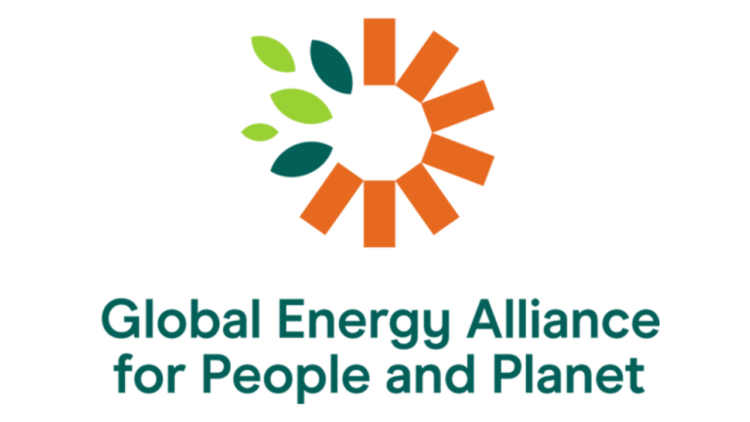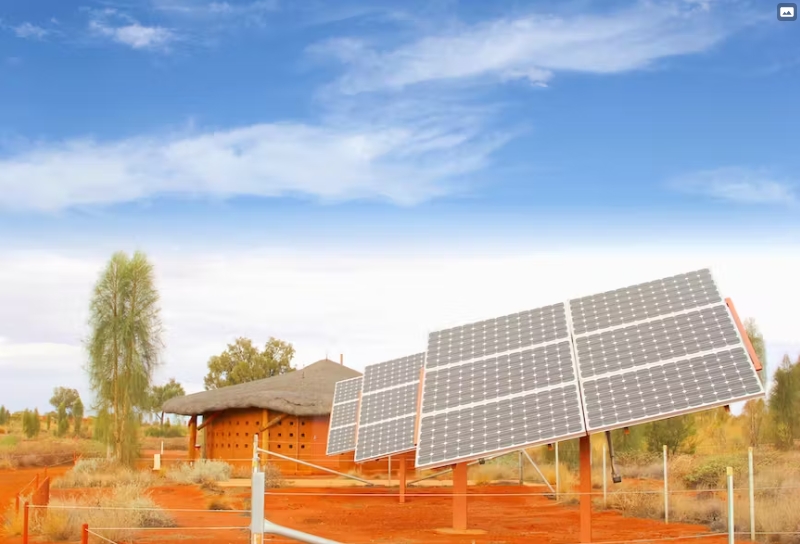
Bill Gates’ TerraPower broke ground yesterday on its Natrium nuclear reactor plant, making it the first advanced reactor project ever to start construction.
Once it comes online, the Natrium demonstration plant in Kemmerer, Wyoming, will be a fully functioning commercial power plant. According to Gates, founder and chairman of TerraPower, Natrium will “be the most advanced nuclear facility in the world, and it will be much safer and produce far less waste than conventional reactors.”
It’s being constructed near the retiring coal-fired Naughton power plant and is the world’s only coal-to-nuclear project under development. TerraPower, which will employ between 200 and 250 people at the Natrium facility, wants to hire the 110 former coal workers to tap into their transferrable skills.
TerraPower’s nuclear plant is “potentially” expected to come online in 2030. TerraPower will first build the non-nuclear parts of the plant while the US Nuclear Regulatory Commission reviews TerraPower’s construction permit application, which it accepted last month.
Construction will begin in 2025 on the “energy island,” where the steam turbines and other machinery that generate power will be. Building Natrium will take several years and, at its peak, will create 1,600 construction jobs.
TerraPower is in a private-public partnership with the US Department of Energy on this project, as well as with power company PacifiCorp.
How the Natrium nuclear reactor plant works
The project features a 345 MW sodium-cooled fast reactor with a molten salt-based energy storage system. The storage technology can boost the system’s output to 500 MW of power when needed, which is equivalent to the energy required to power around 400,000 homes. The energy storage capability allows the plant to integrate seamlessly with renewable resources and is the only advanced reactor design with this feature.
Gates explained why the Natrium demonstration plant is far safer than any existing nuclear plant yesterday in his blog:
The Natrium plant uses liquid sodium, whose boiling point is more than 8 times higher than water’s, so it can absorb all the extra heat generated in the nuclear core. Unlike water, the sodium doesn’t need to be pumped, because as it gets hot, it rises, and as it rises, it cools off. Even if the plant loses power, the sodium just keeps absorbing heat without getting to a dangerous temperature that would cause a meltdown.
Gates says that Natrium also includes an energy storage system that will allow it to control how much electricity it produces, which is unique among nuclear reactors.







